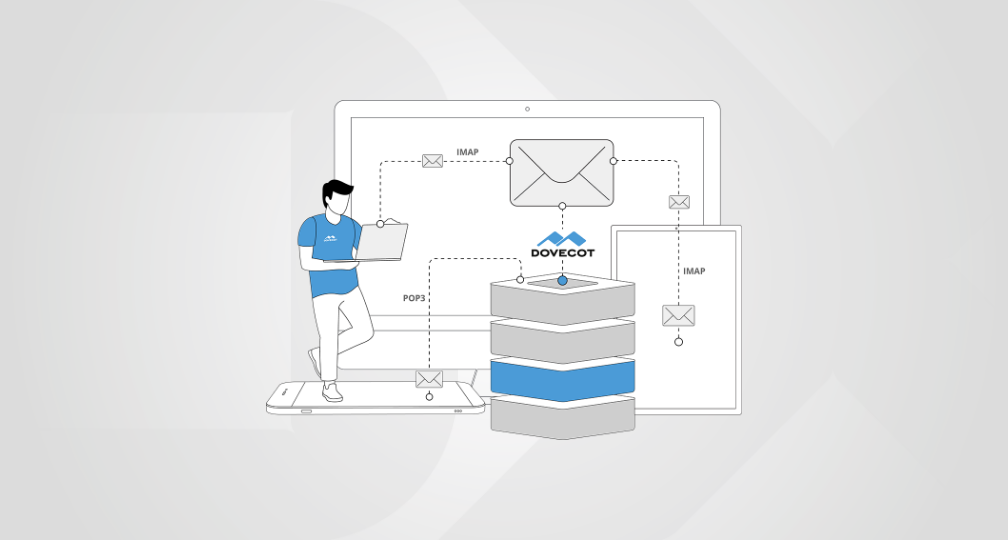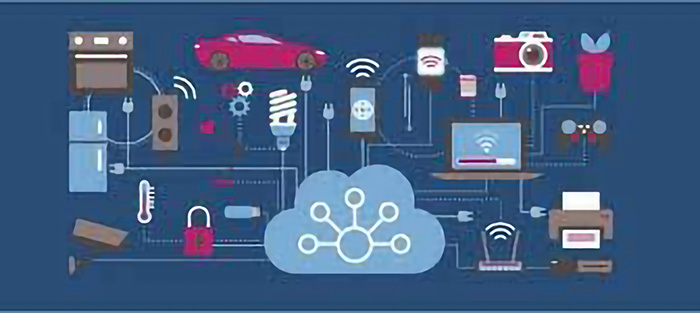With cloud becoming the new up-and-coming platform, traditional software companies are finding themselves in very contorted positions as they try to simultaneously provide cloud hosting technology and software as a service — cannibalizing their own software business and partner channel and essentially competing with the very same SaaS companies with which they are trying to sell their cloud hosting services.
The most blatant example of this we have seen recently is none other than Microsoft, which has directly admitted to practicing cooperation and competition with its cloud channel partners. This admission came up in the recent Parallels Summit I attended in Orlando, from Bill Staples, Microsoft General Manager.
In his presentation, Staples explicitly outlined how Microsoft has a multiple personality when dealing with cloud partners. “The question is… Is Microsoft a partner or a competitor in this space,” Staples said. “I want to answer that question honestly and directly…The answer is yes. Microsoft is a partner and a competitor in this space.” I also heard other Microsoft representatives saying the same thing at the more recent World Hosting Days in Rust, Germany. At first glance, these are stark admissions from Microsoft — until you realize that this role is nothing new for the company. After all, when it created Windows, it was providing a platform on which competing products could operate, while at the same time competing with some of those companies. Lotus 1-2-3, WordPerfect, and Netscape jump immediately to mind. Only Netscape’s technology survived, in the form of Mozilla.
Staples’ admission just acknowledges what we already knew: Microsoft wants the cloud hosting and services spaces. It hosts with Azure, it provides services with Office 365.
This is not something that sits well with Microsoft’s cloud partners, being put into the position of having to trust Microsoft to do the right thing… as long as it suits their long-term plans. This is something we have seen over and over again from Microsoft, and it’s become rather tedious.
For example, the same thing is happening in mobile with Microsoft’s new partnership with Nokia. For $1 billion, Microsoft effectively bought its own mobile hardware platform, and will now be in competition with vendors like HTC and Motorola, even as it tries to push the Windows Phone 7 operating system onto HTC and Motorola devices. This have your cake and eat it too mentality is bad for any channel where Microsoft pulls this kind of stunt, not just the cloud channel. Ultimately, it tells any partner of Microsoft that their own business is potential prey for Microsoft, if the folks at Redmond decide to push their products over the partner’s.
Sadly, Microsoft is not alone. Google is doing the same thing around its SaaS applications (GMail, Google Apps) and Chrome Browser ecosystem. The browser becomes the new OS, the OS becomes unimportant and ultimately replaced with things like ChromeOS. Once Google controls the browser, it can play the same tricks that Microsoft did with Windows in the past and currently with hosted Exchange vs. Office365.
Think about the story of the Scorpion and the Frog, and Microsoft’s and Google’s approach to the cloud channel makes a lot of sense.
And is more than a little frightening.





